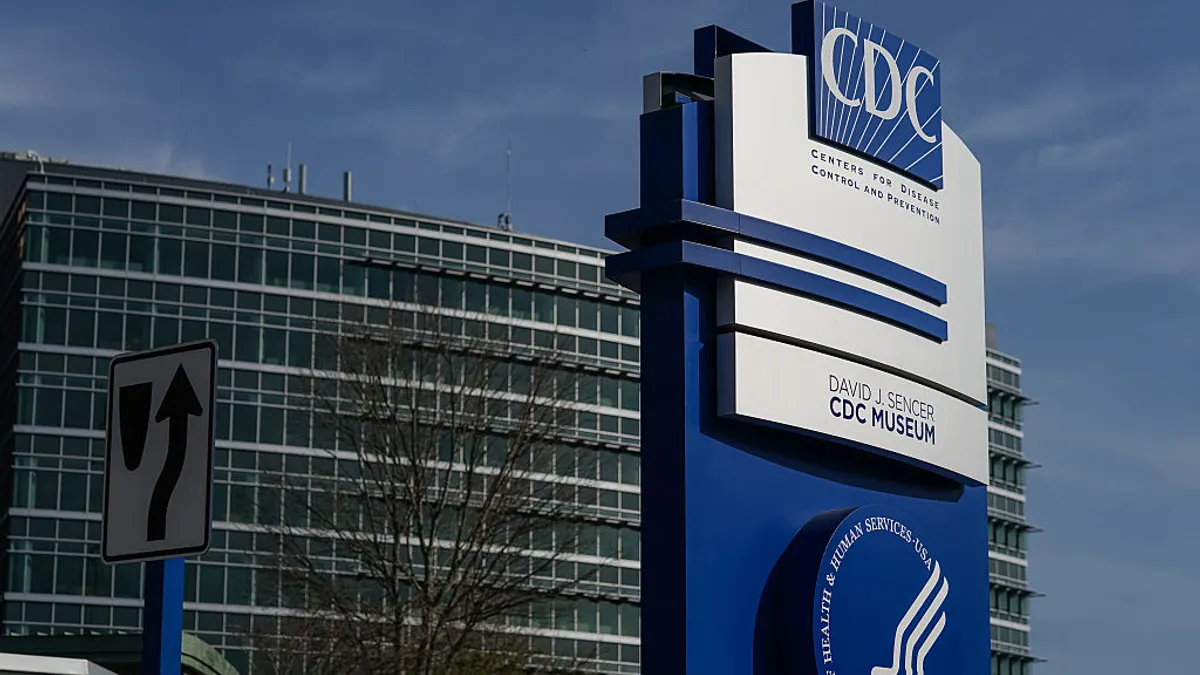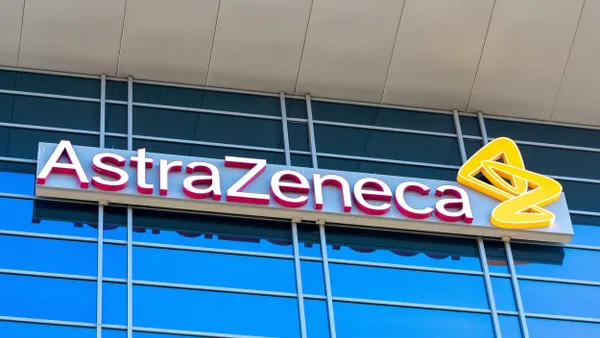A panel of advisers to the Centers for Disease Control and Prevention on Wednesday recommended lowering the age at which some people can receive a vaccine for respiratory syncytial virus, but stopped short of advocating for booster shots.
Committee members voted nearly unanimously endorse vaccination in adults who are 50 to 59 years of age and at a higher risk of severe RSV-related disease. If adopted by the CDC, that recommendation would expand on the agency's current guidance, which suggests use in all people 75 or older and high-risk adults between 60 and 74 years of age.
The CDC isn’t bound to follow the advice of its committees, though it typically does.
The policy would immediately benefit GSK and Pfizer, both of which have RSV shots approved for people under 60. It could also soon help Moderna, whose vaccine the Food and Drug Administration could clear for use in that age group later this year.
However, the recommendation comes at a time of uncertainty for the CDC, whose acting director Susan Monarez hasn’t yet been confirmed by Congress. The decision to adopt it, then, could fall on Health and Human Services Secretary and prominent vaccine skeptic Robert F. Kennedy Jr.
Additionally, while recommending broader use than before, committee members still didn’t endorse vaccinating younger adults or booster shots. In a slide presentation, CDC panelists noted how clinical testing hasn’t clearly shown an additional dose can improve protection against disease. Levels of protective antibodies appear to surge higher after revaccination, but not as high as they do after an initial dose.
It’s unclear how people with weakened immune systems will respond, too, the presentation said.
“There remains important uncertainty in whether revaccination can restore protection to levels seen after the first dose, and this may be more important when developing a recommendation for younger adults who have longer remaining life expectancy,” said Michael Melgar, co-lead of the work group for RSV in adults for the CDC’s Advisory Committee on Immunization Practices, or ACIP.
Committee members also highlighted the risk of Guillain-Barré syndrome, a rare neurological side effect that was added to the prescribing information for Pfizer’s Abrysvo and GSK’s Arexvy last year.
Advisers will discuss revaccination at a meeting in June. In the meantime, the lack of an endorsement for boosters “remains a major overhang to the market potential” of RSV shots, wrote William Blair analyst Myles Minter in a note to clients Thursday.
Shares of Pfizer, GSK and Moderna all dipped slightly on Wednesday.














